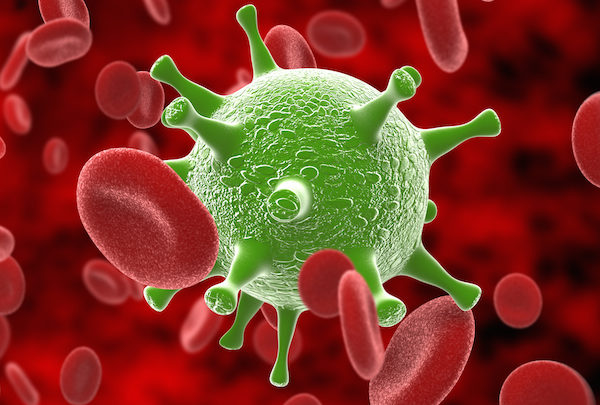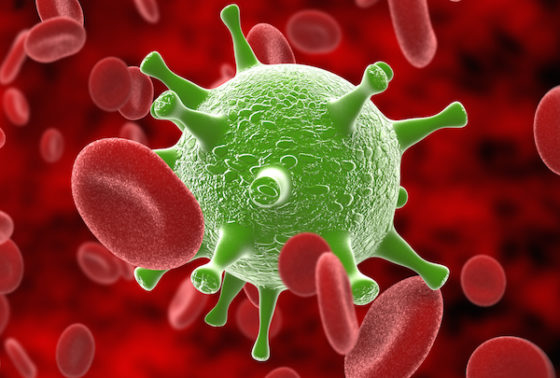Dutch scientists help find way to predict serious coronavirus cases


International research headed by the Dutch teaching hospital Radboudumc has come up with a way to predict which patients are likely to suffer a serious impact from Covid by looking at immune cells in patients’ blood.
Potential long Covid patients, who suffer the effects of the infection over a longer time tend to have more active immune cells, researchers found
Covid infection is often accompanied by specific changes in the blood and early identification of potentially critical patients may reduce mortality by timely interventions, the researchers said.
The changes, the researcher say, can be used by an algorithm to predict which patients will recover without ventilation and who will deteriorate within a two-week time-frame, needing intensive care.
The examination of the blood is fully automated, cheap and immediately available because it is a one of the most common medical procedures. The score based on the new blood cell identification technique will help carers to devise appropriate treatment plans, head researcher André van der Ven said.
The results of the research have been published in medical journal eLIfe.
Thank you for donating to DutchNews.nl.
We could not provide the Dutch News service, and keep it free of charge, without the generous support of our readers. Your donations allow us to report on issues you tell us matter, and provide you with a summary of the most important Dutch news each day.
Make a donation